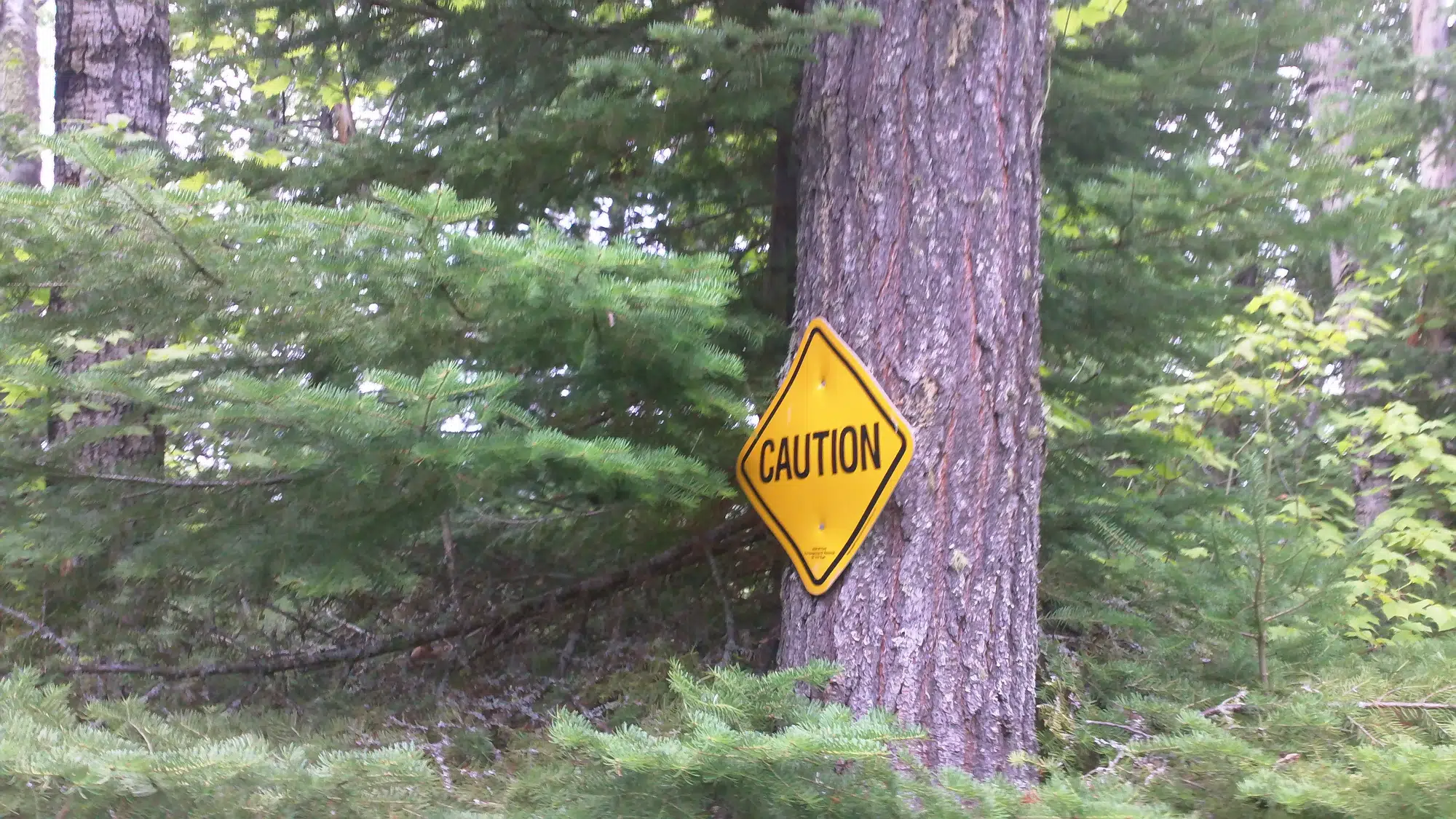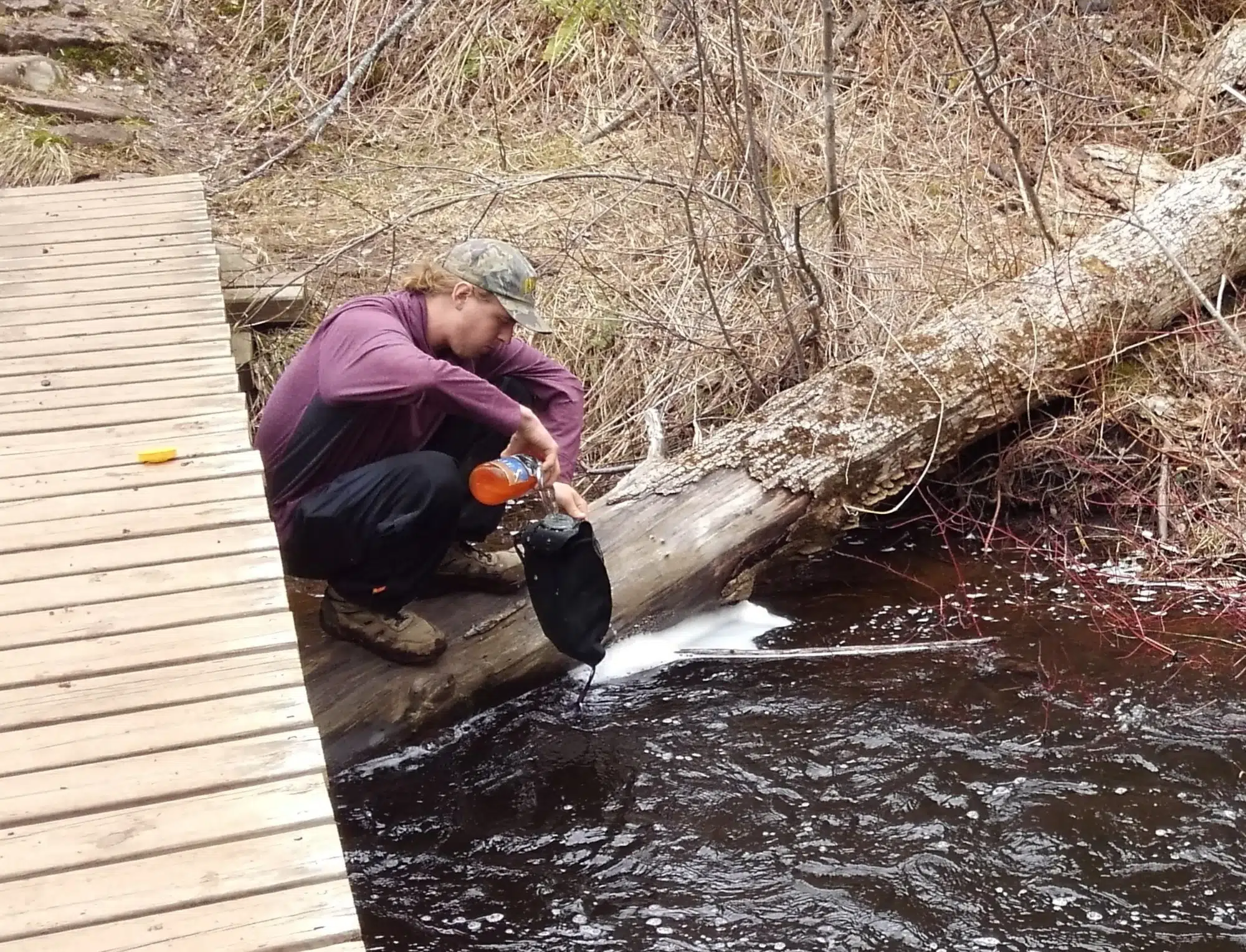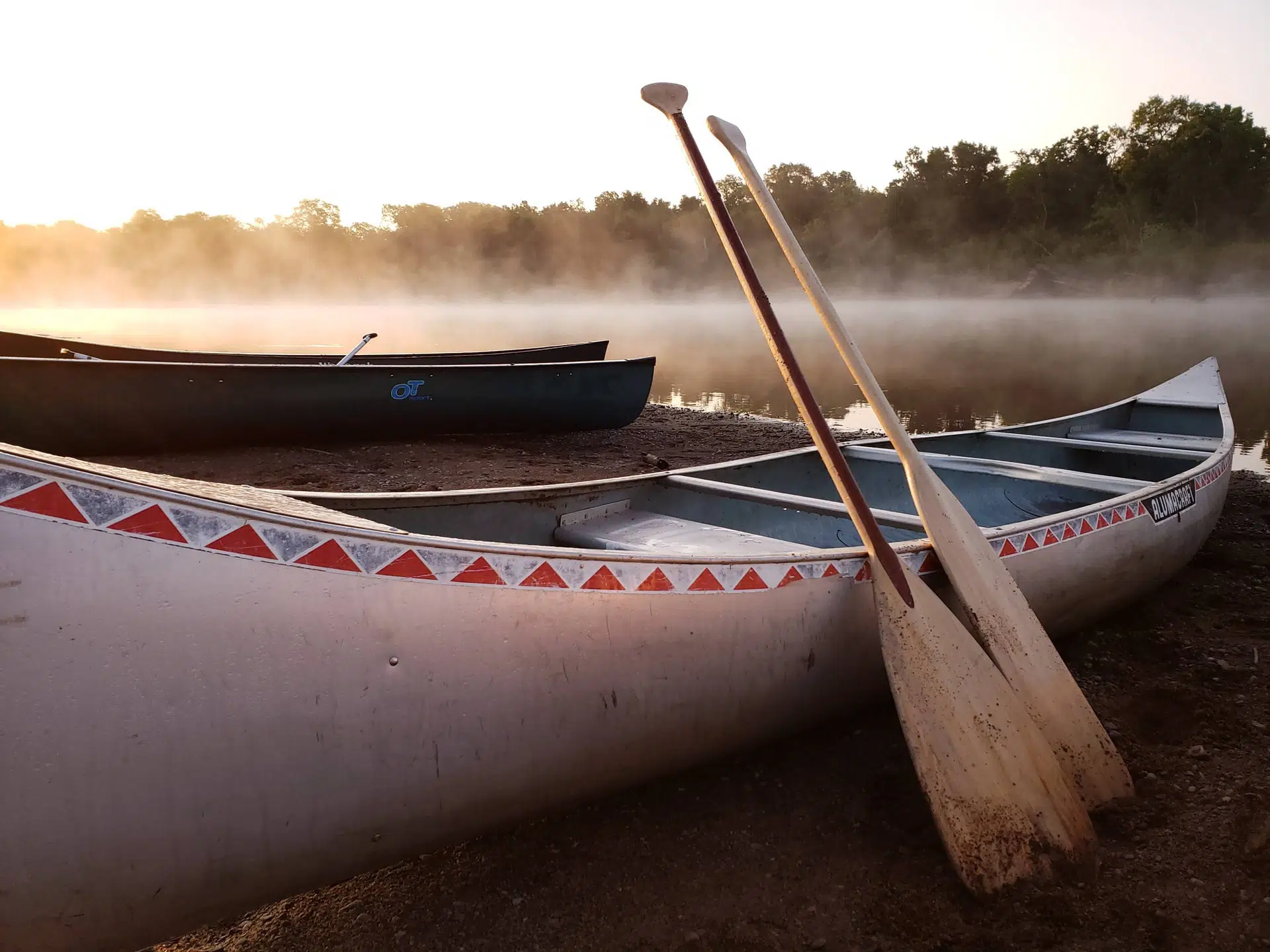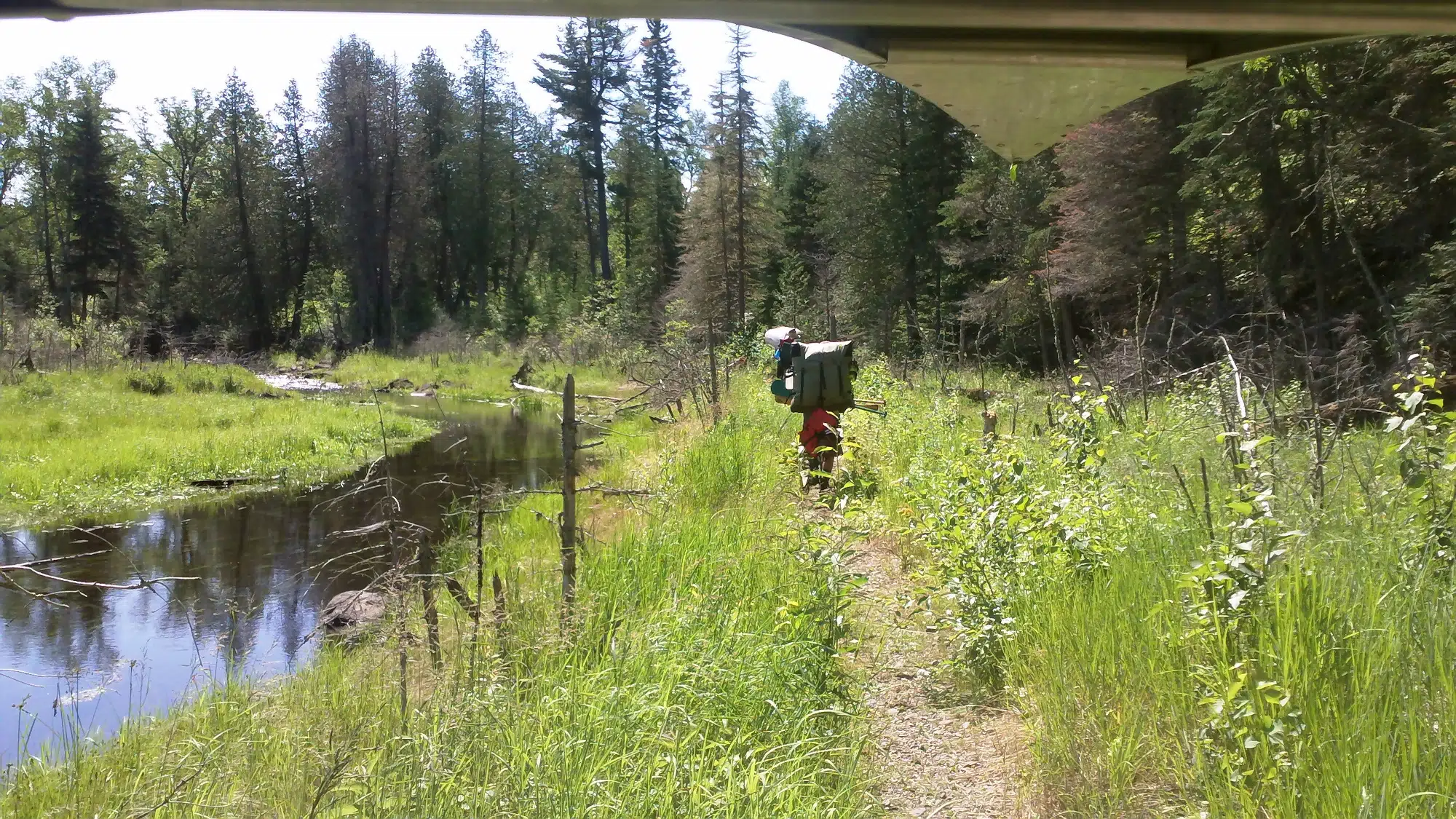When discussing the outdoors and survival skills, there is often the conversation around the shelter, water, fire, food. To be able to survive in the wilderness, you need these things. Each is essential to survival and requires a hard skill to result in a safe and successful survival situation.
The Top Survival Skill That Could Save Your Life
Shelter, water, fire, food are all tools in the ultimate game of survival in the wilderness. However, these survival skills are useless unless you have honed one key skill. That skill is awareness.
It may seem basic, but that’s the point. To start with the basics ensure that you have a foundation you can rely on. If you were in a survival situation but were unaware of it, you are already at a deficit. This skill is instrumental, from car camping to a wilderness trek to a survival situation. Awareness should be your number one developed skill. The following are some guiding thoughts when developing this skill.
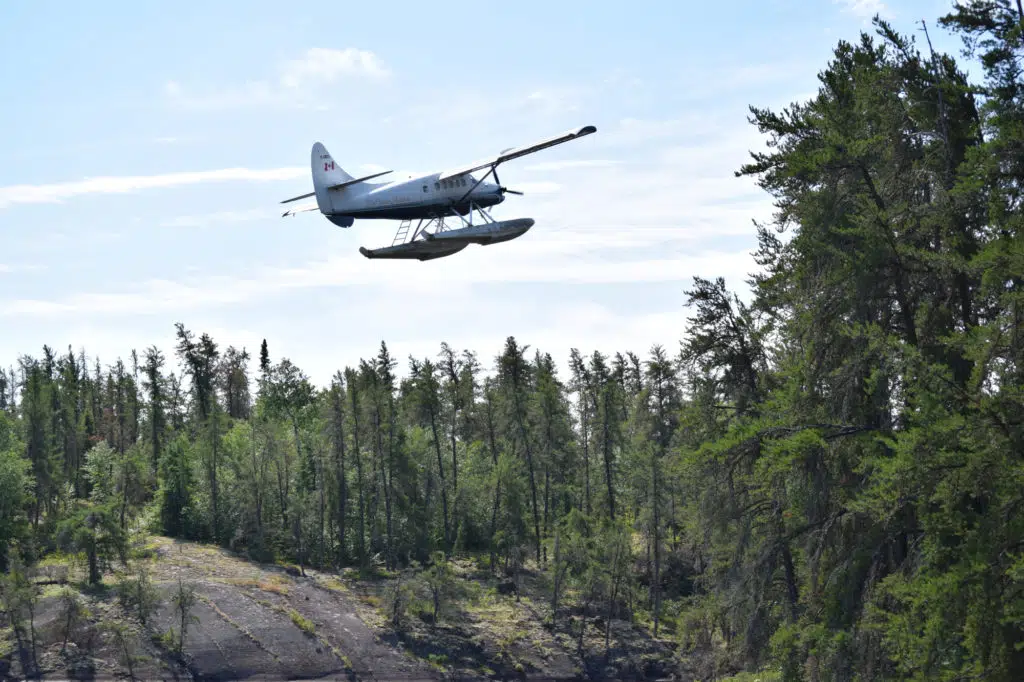
#1 – Take an awareness inventory of your situation
- What you know.
- What you know you don’t know.
- What you don’t know that you don’t know. Awareness for the unexpected.
If you can jot this done on a piece of paper. This simple act of writing it down will immediately give you a sense of control. If you can write it down use make a note in the dirt. Anything to help you remember the plus and minus points of your situation.
#2 – Everyday Practice
You do not have to be in the woods or out on the lake to practice your survival skills. It’s a mindset you must practice. For example, if you are not in the woods when your phone rings or get a notification, take in and note your surroundings for a second before answering.
#3 – Know Your Limits
Technologies, in this case, often low tech, applied artfully equates to skill. Skill brings comfort; a lack of skill brings pain. Often when someone feels anxious about something, particularly an outdoor excursion into the wilderness, it may be because there is a skill gap; however, this suggests an increased awareness for knowing what you don’t know. An inexperienced person with no fear is likely unaware of what they do not know. The goal is to shrink the gap. Increase skill and thus increase comfort, even in the face of new situations or the extreme, survival. Know where you sit and be mindful if you’re swimming in deeper water than you should.
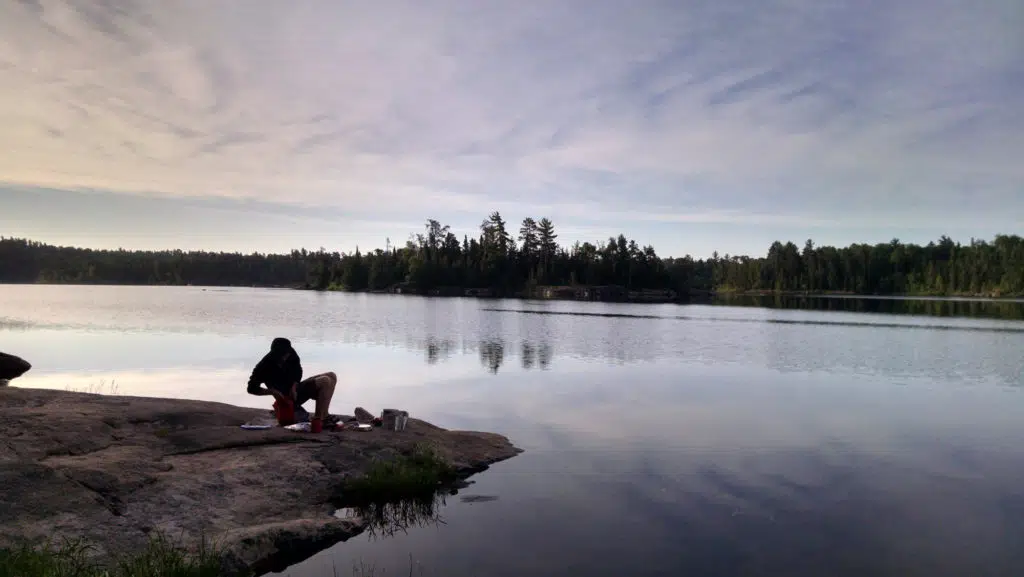
#4 – Test the Limits
If the calls for it, test your limits. If you know you have a safe shelter in reach if things go wrong. Try building your own makeshift shelter and even sleep in it. If you have never built a fire before, give it a try without a lighter or matches. The point here is to be aware of your hard skills’ limits and, in an appropriate setting, intentionally build them.
#5 – Skill Inventory
Be aware of what your skills actually are. Take an inventory of your skills. List all the skills and techniques that you know or have learned in your life. For example, if you really know how to identify all the plants and trees in your backyard, then with a little extra knowledge you have a skill that can translate well in the wilderness.
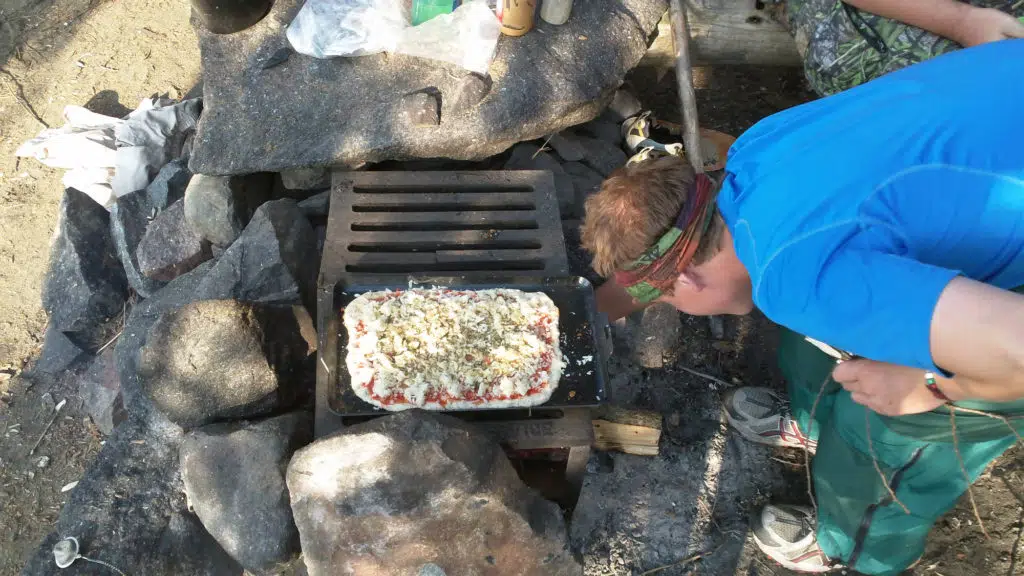
#6 – Energy Conscience
One of the key survival skills that folks don’t talk about much is to be present and mindful of your energy. Natural Law will crush material-based ego. In other words, no whining. Energy to act = energy to complain. One will get you farther, the other will put you deeper in a hole. This translates to actual energy. A positive mental attitude can be physically stimulating whereas a negative attitude can do the opposite.
#7 – The “7Ps” – Know What Your Getting Into
Having a holistic awareness of your intended adventure can help prepare for what might occur when the unintended happens. Remember the 7 Ps: Prior Proper Planning Prevents Piss Poor Performance.
#8 – Don’t Panic
Do not panic! Hitchhikers guide, anyone? Panic is a focus of energies and senses into emotion, thus dampening your awareness. When I was getting my wilderness first responder certification, my instructor gave some sage advice. If you come into a situation and either don’t know what to do or feel panicked, have a smoke. Now I don’t smoke, but the idea makes sense. Please take a minute and get yourself together; take inventory of what you have and what you need to do before you do it. Not panicking is one of those essential survival skills that no one talks about.
Related Reading About Survival Skills
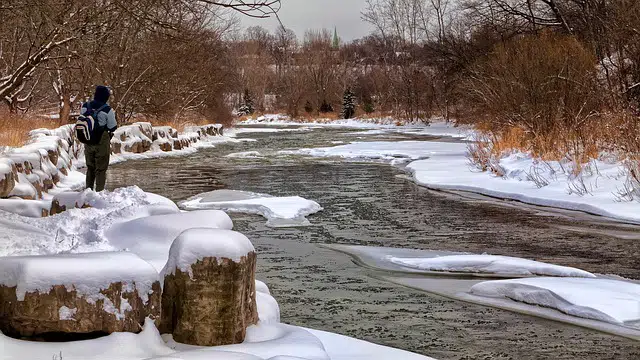
How to Survive Falling Through The Ice – Falling through the ice is a fight for survival and one only has minutes before hypothermia, unconsciousness, and death.

4 Outdoor Gear Items to Upgrade First – Do you have a bunch of outdoor gear but want to step up your experience? Well, this shortlist targets the items I would upgrade first in order to have a safe, comfortable, enjoyable experience in the woods or paddling the lakes of the Boundary Waters Canoe Area.
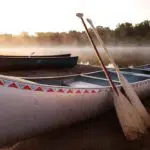
7 Days With The Boundary Waters Crew From Hell – A Young Charlie Guide’s Story Of A Boundary Waters Crew From Hell. This Is What Happens When A Scout Troop Is Not Prepared For A BWCA Wilderness Experience. It offers clues on how a young person can develop leadership skills that will serve them later in life.
